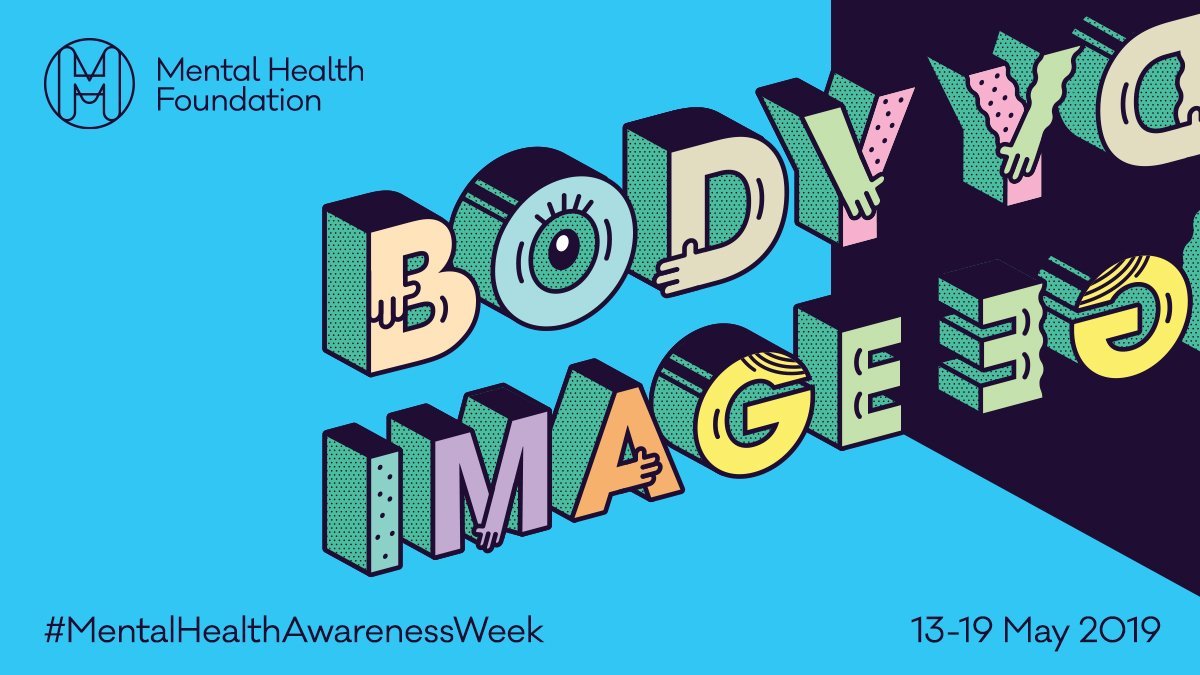It’s hard to believe that it has been a whole year since we last celebrated and promoted Mental Health Awareness Week. It runs from 13 May this year and many individuals and organisations are getting involved with events and activities across the UK. The theme is body image; how we think and feel about our bodies. Helen Whiteman, CEO of CILEx Regulation, shares her thoughts…
When I think about my own body image, there are parts I don’t like and parts I do. But I have learned to accept these. I hired a personal trainer last summer, swinging various weights and boxing weekly to tighten what I refer to as my “bingo wings” and various other areas! That determination soon wore off and I realised that I was happy the way I am, accepting that I could always tone up/lose weight, but it would largely be for the benefit of others, and how they view me. I appreciate that not everyone feels like this; there are those who battle with their body image and in some situations it can affect their long-term mental health and wellbeing. Sometimes leading to a mental health condition called body dysmorphic disorder (BDD).
There has been a lot of coverage in the media about the pressures on younger people to over-scrutinise their bodies in response to glamorous images which are presented as being socially acceptable. I admit to feeling relieved at not being 15 again, when I might be more affected by this and struggle to accept my body image to a greater extent than all those years ago. There has been a positive move in some marketing campaigns, such as Dove, which support the “Be real” body image pledge. Their advertising models look like real people i.e. they have lumps and bumps and look natural and more akin to what we might look like when we are getting dressed in the morning.
Whilst we are organising a number of activities here at CILEx Regulation to celebrate Mental Health Awareness Week, I would encourage each of us to think about how we can be kind to one another when thinking about another’s body image. Let’s be supportive and generous with our comments and time when family, friends and colleagues refer to themselves.


